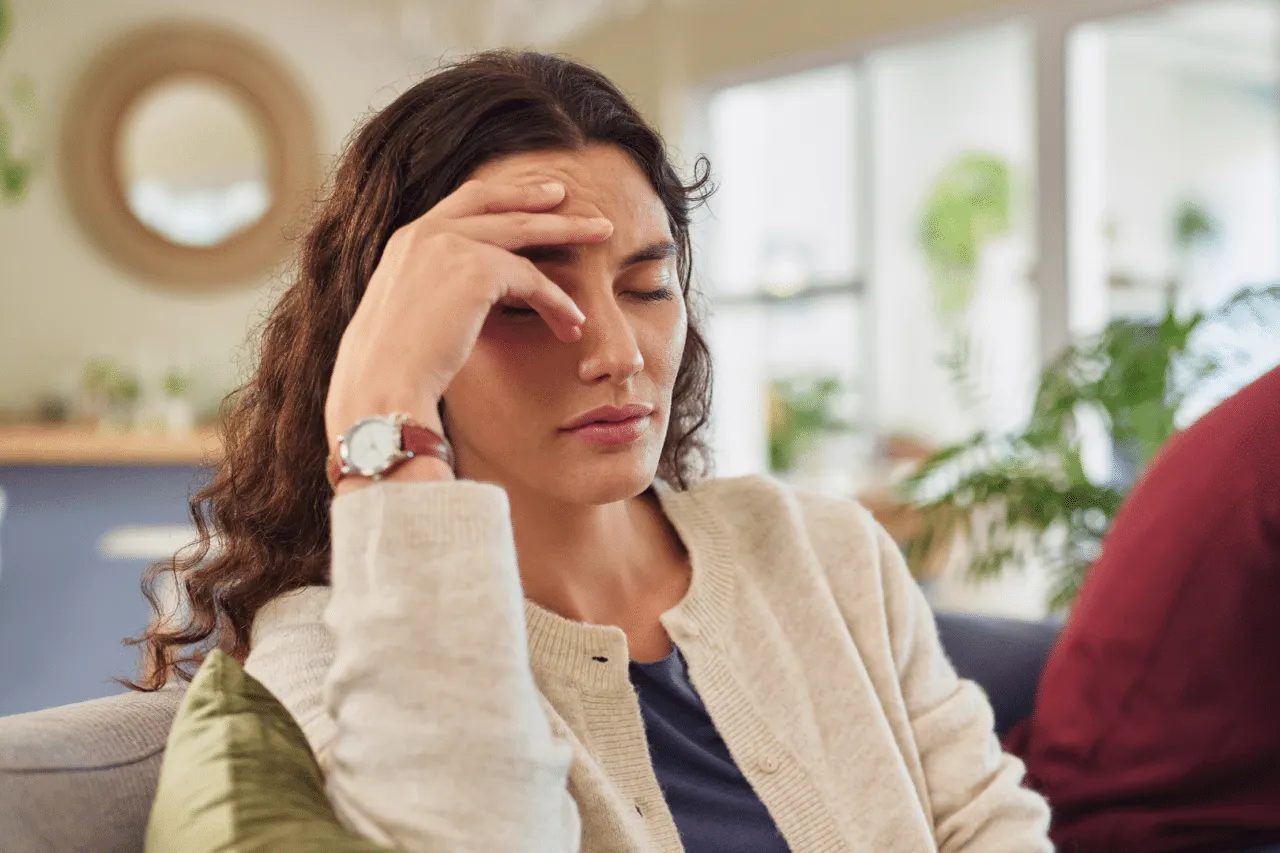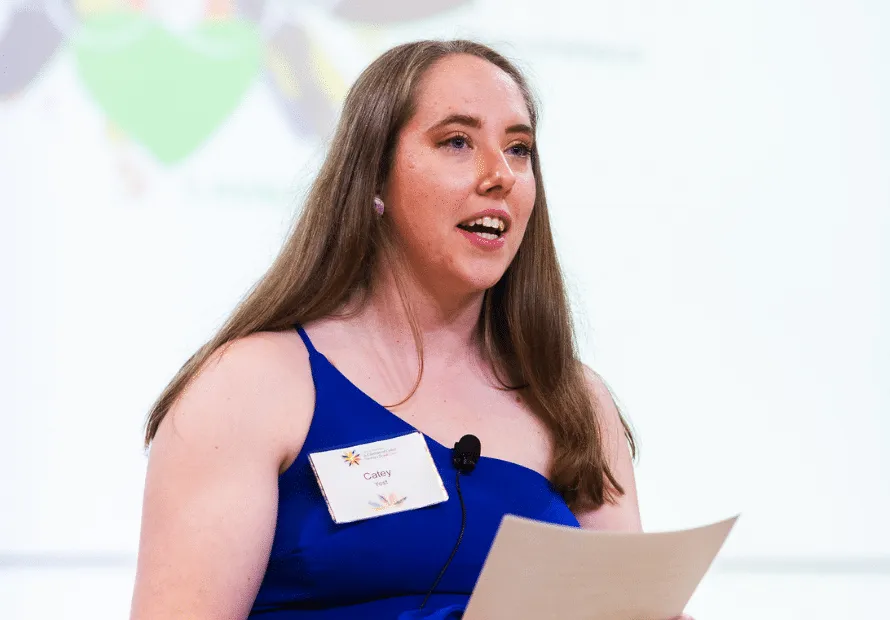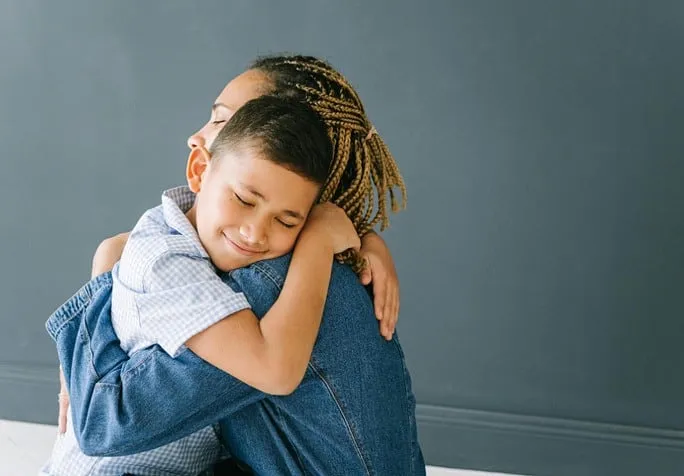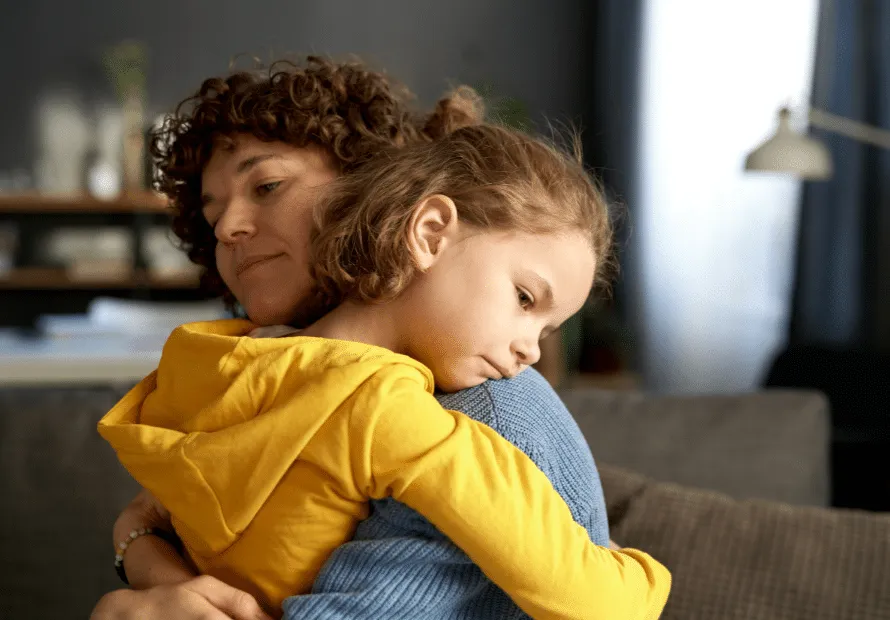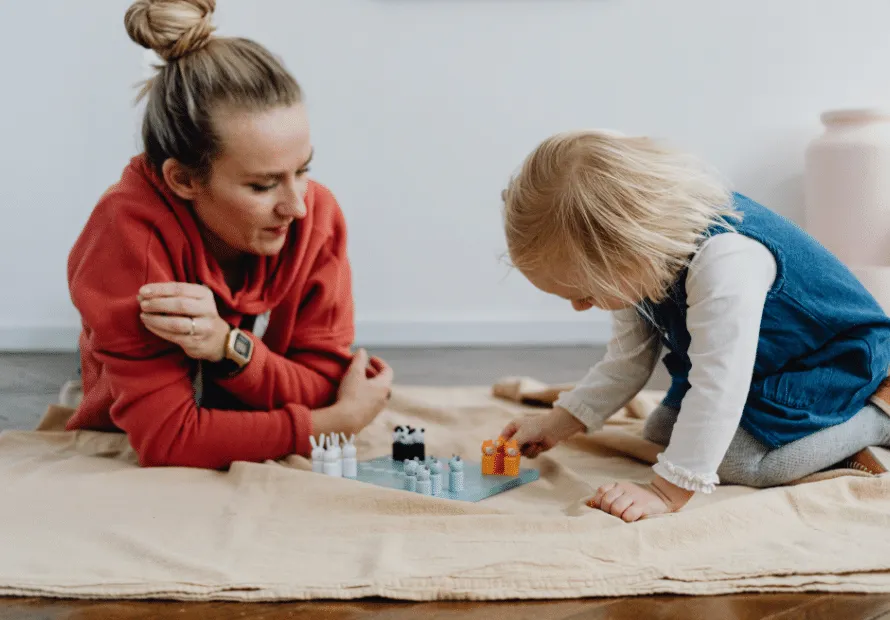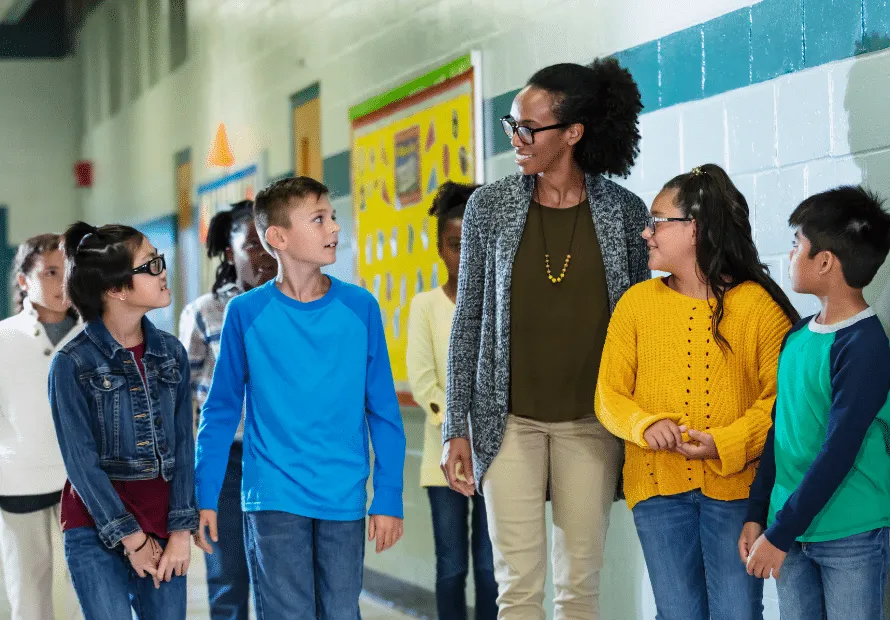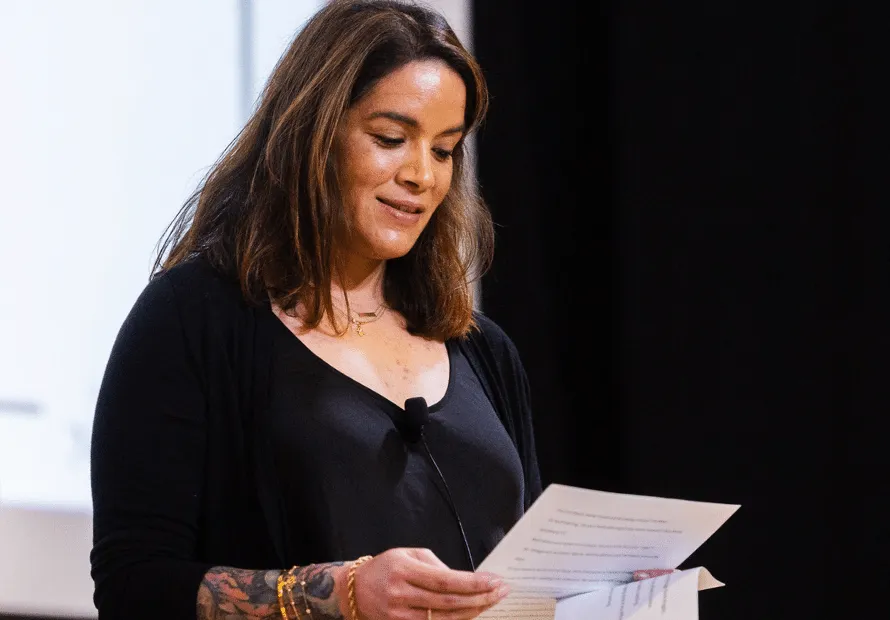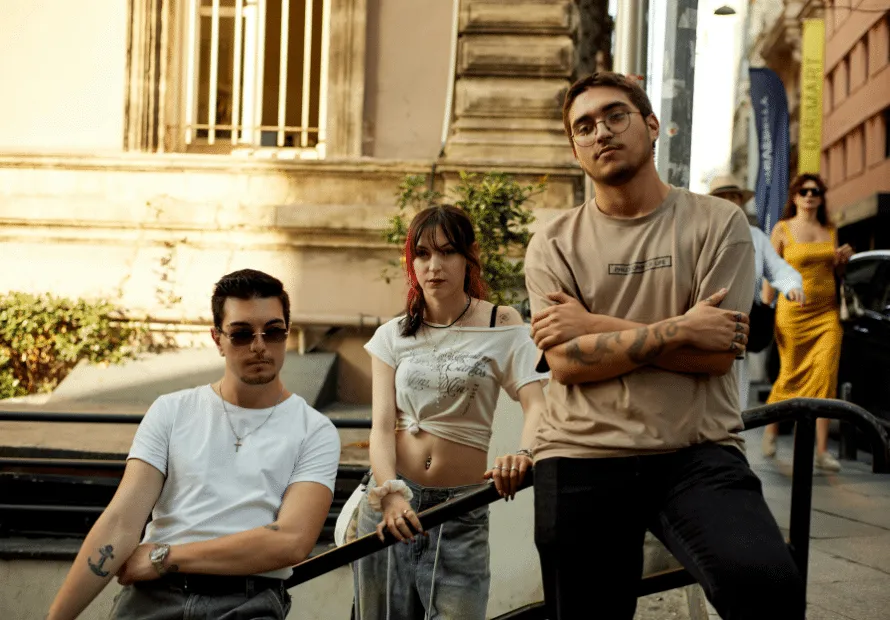Triggers in Love: Navigating PTSD as a Former Foster Youth
Triggers in Love: Navigating PTSD as a Former Foster Youth
They say love is supposed to feel safe. But for me, love often felt like walking on eggshells— not because my partners were unsafe, but because my past had wired me to expect the worst. Growing up in foster care, I carried trauma into every romantic relationship I entered. Some days I was all in, craving connection. Other days I shut down, terrified that I’d be hurt or abandoned again. I didn’t know it then, but I was living with PTSD, and I wasn’t alone.
The Hidden Cost of Trauma
A study by Casey Family Programs found that nearly 25% of young adults who age out of foster care meet the criteria for PTSD, a rate higher than that of U.S. war veterans. Add in the complex identity struggles and feelings of displacement many adoptees face, and it’s no wonder love, intimacy, and trust can be difficult to navigate. The trauma of neglect, separation, and disrupted attachment doesn’t just fade away after adoption; it reshapes how we relate to ourselves and others.
This is my story. Not just of the trauma, but of learning to name it, heal through it, and find clarity in what love and emotional safety truly mean.

When Love Feels Like Survival
I used to think I was the problem.
I’d start dating someone and feel excitement and hope, and then seemingly out of nowhere, those good feelings turned to anxiety, overwhelm, or suspicion. A delayed text, a shift in tone, or even a partner asking for space would send me spiraling. My heart would race, my mind flooded with worst-case scenarios, and my body braced for rejection like it was life or death.
As a former foster youth and adoptee, I experienced loss at a young age. Being separated from my biological family, moving through the system, and being adopted—all of it left marks on how I processed relationships. I didn’t realize it at the time, but my nervous system wasn’t reacting to my partners, it was reacting to my past. I was having emotional flashbacks to a time when love was fragile, conditional, or could be taken away without notice. I was reliving fear and uncertainty in my body and mind.
The Roller Coaster of Connection
My relationships became emotional roller coasters. I’d swing between craving closeness and pushing people away. Sometimes I’d over-attach quickly, terrified of being alone. Other times, I’d sabotage the relationship before they could leave me first.
There were moments where I’d cry for reasons I couldn’t explain, or I’d go numb when my partner tried to get close. It wasn’t about them. It was about a lifetime of vulnerability and feeling unsafe.
Being adopted didn’t erase the impact of foster care or the grief of losing my first family. Sometimes, my fear of abandonment would surface even when I felt loved. I remember one partner saying, “You push me away just when we’re getting close.” And they were right. I wanted connection, but I was terrified it would be taken from me again.
What I Wish I Knew
Now, at 28, I look back at those versions of myself with so much compassion. I didn’t have the support I needed. No one told me that PTSD could show up as relationship anxiety, mistrust, or emotional shutdown. No one helped me unpack how the layers of trauma from foster care, adoption, and identity loss would manifest in adult relationships. I thought I was broken or unworthy of love.
The truth is, I needed trauma-informed, adoption competent care. I needed an adoption therapist who understood the lived experiences of adoptees and former foster youth. I needed someone to help me navigate grief, loss, and belonging.
Building a New Path Forward
Today, I have that support. I’ve built relationships with people who see beyond my trauma responses. I’ve learned how to express my needs, build trust, and experience connections without fear. Most importantly, I’ve learned that I’m not “too much.” I’m just someone who has been through a lot—and that’s nothing to be ashamed of.
I still get triggered sometimes. Healing isn’t linear. But now I have tools. I have the language to describe it. I have a sense of self rooted in growth instead of survival.
Being a former foster youth and adoptee doesn’t mean I’m incapable of love, it means I’ve had to fight harder to understand it. It means I’ve had to grieve what I lost, make sense of who I am, and find safety in places that used to scare me.
To anyone who shares this path: You are not alone. You are not broken. Your emotions make sense, even when they feel overwhelmed. And healing is possible.
You deserve a love that feels safe. You deserve to be seen beyond your trauma. And you deserve the support that helps you believe it.
